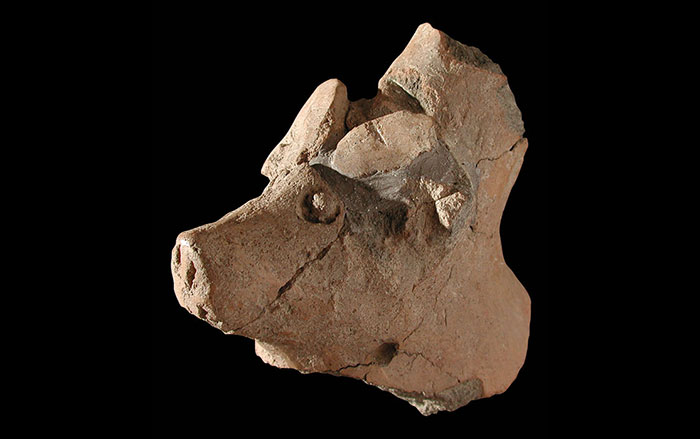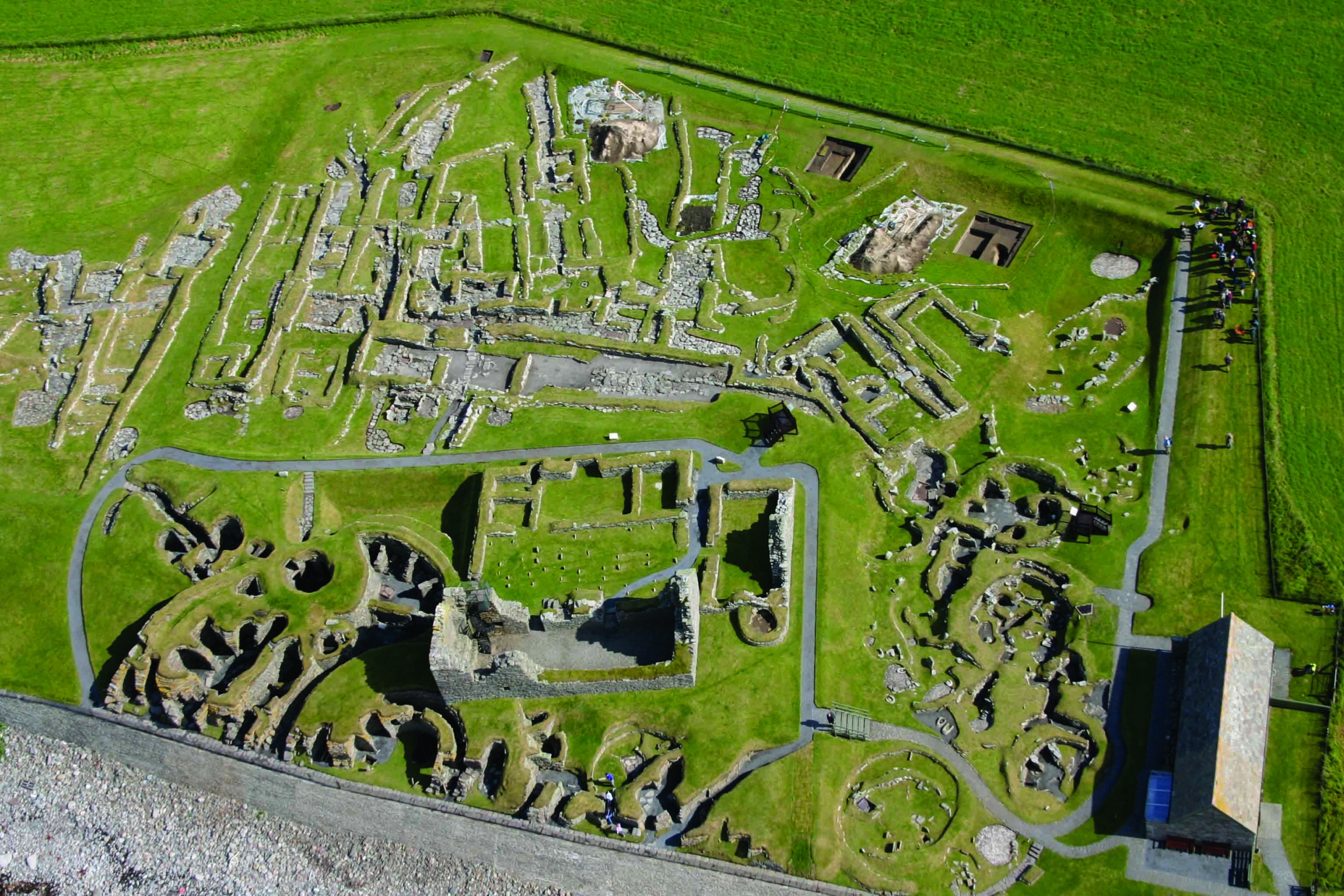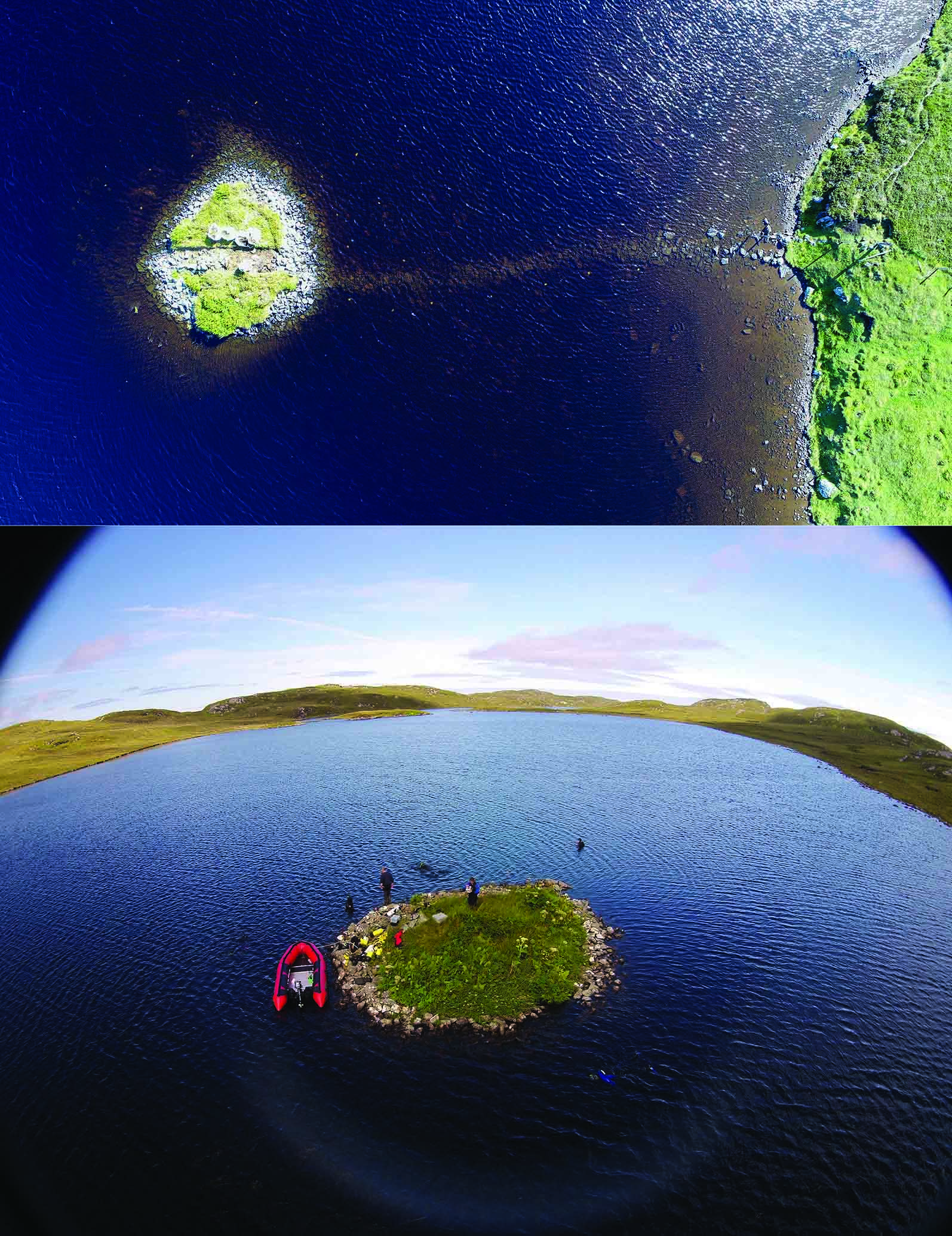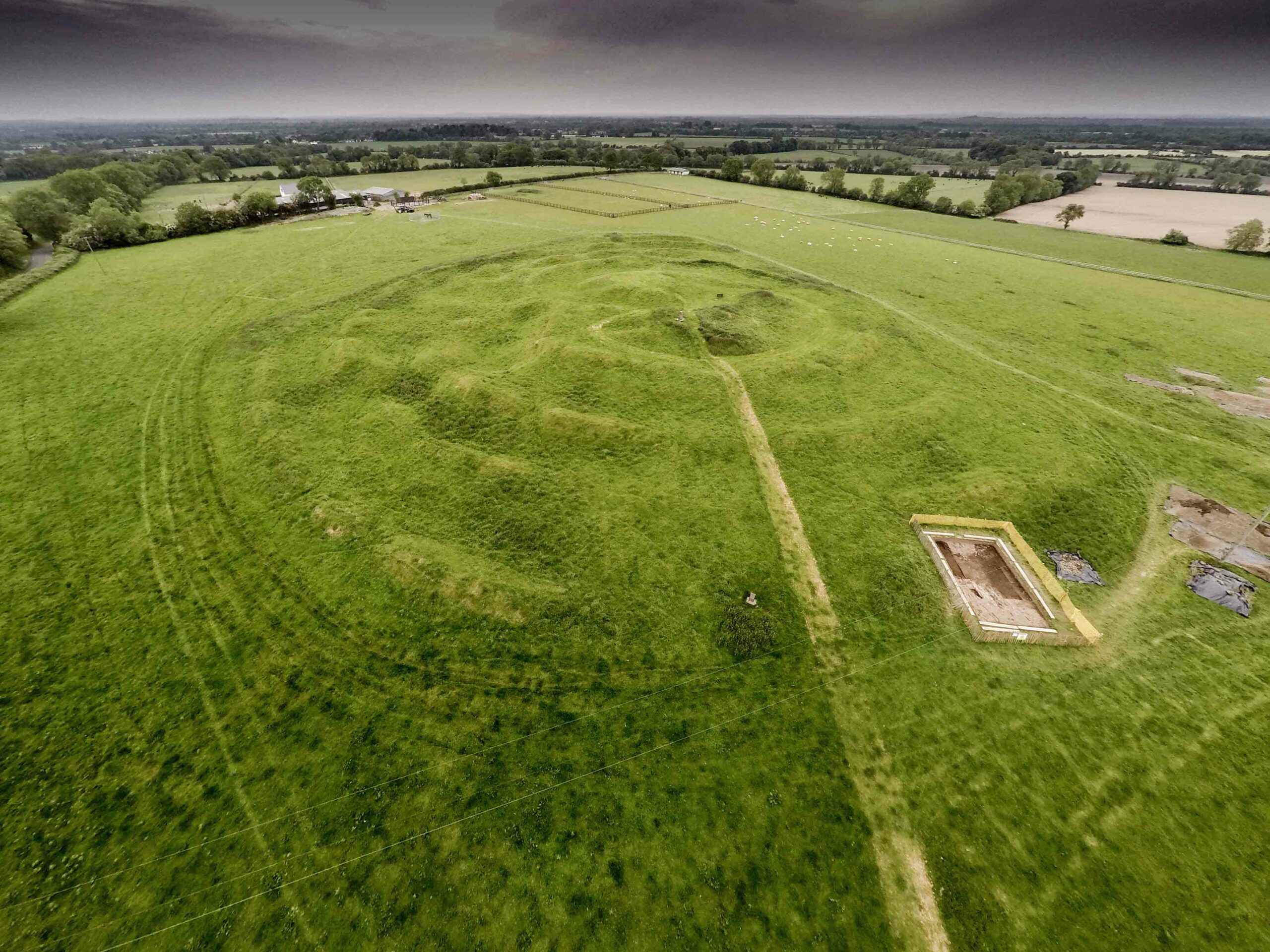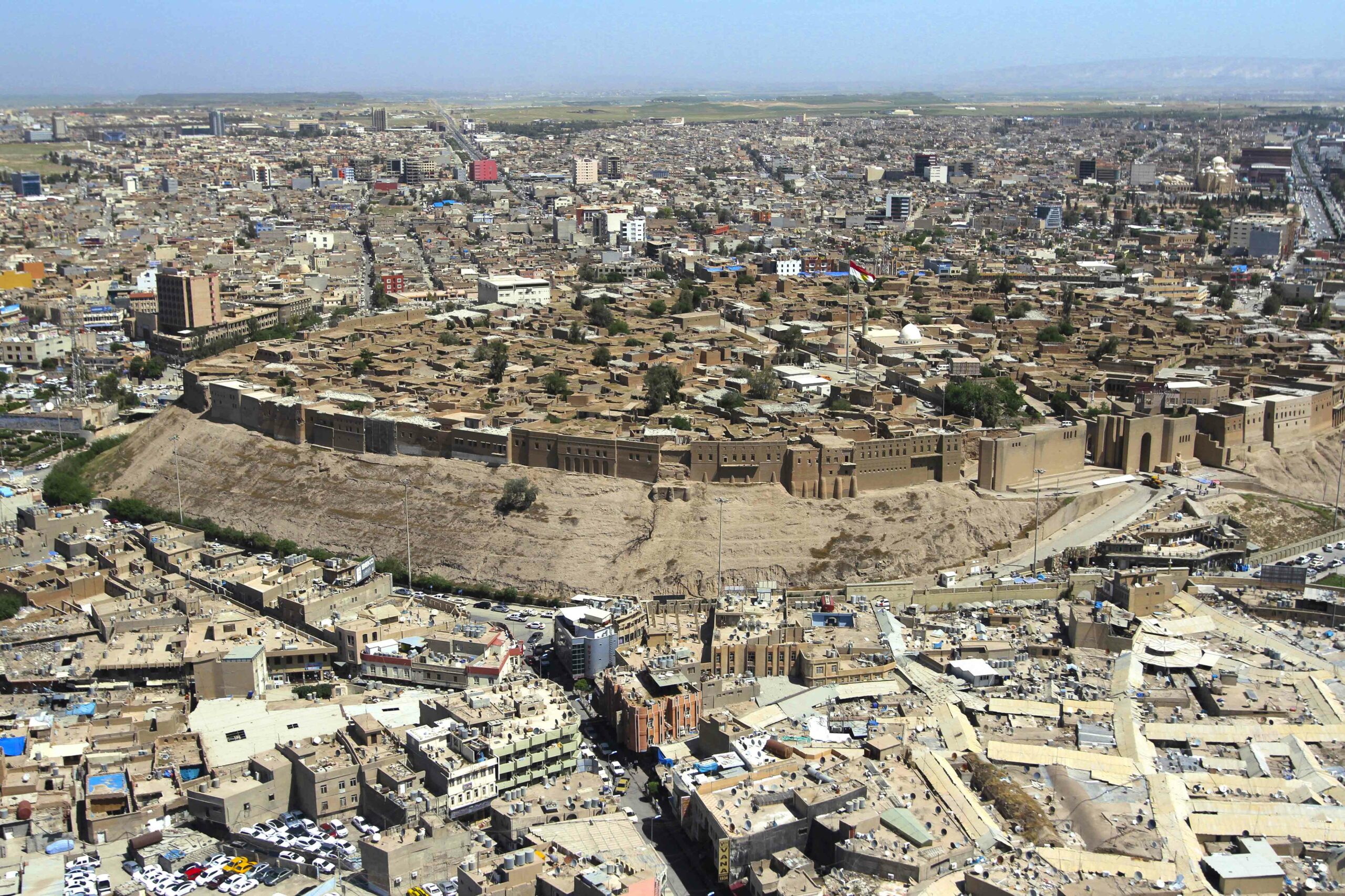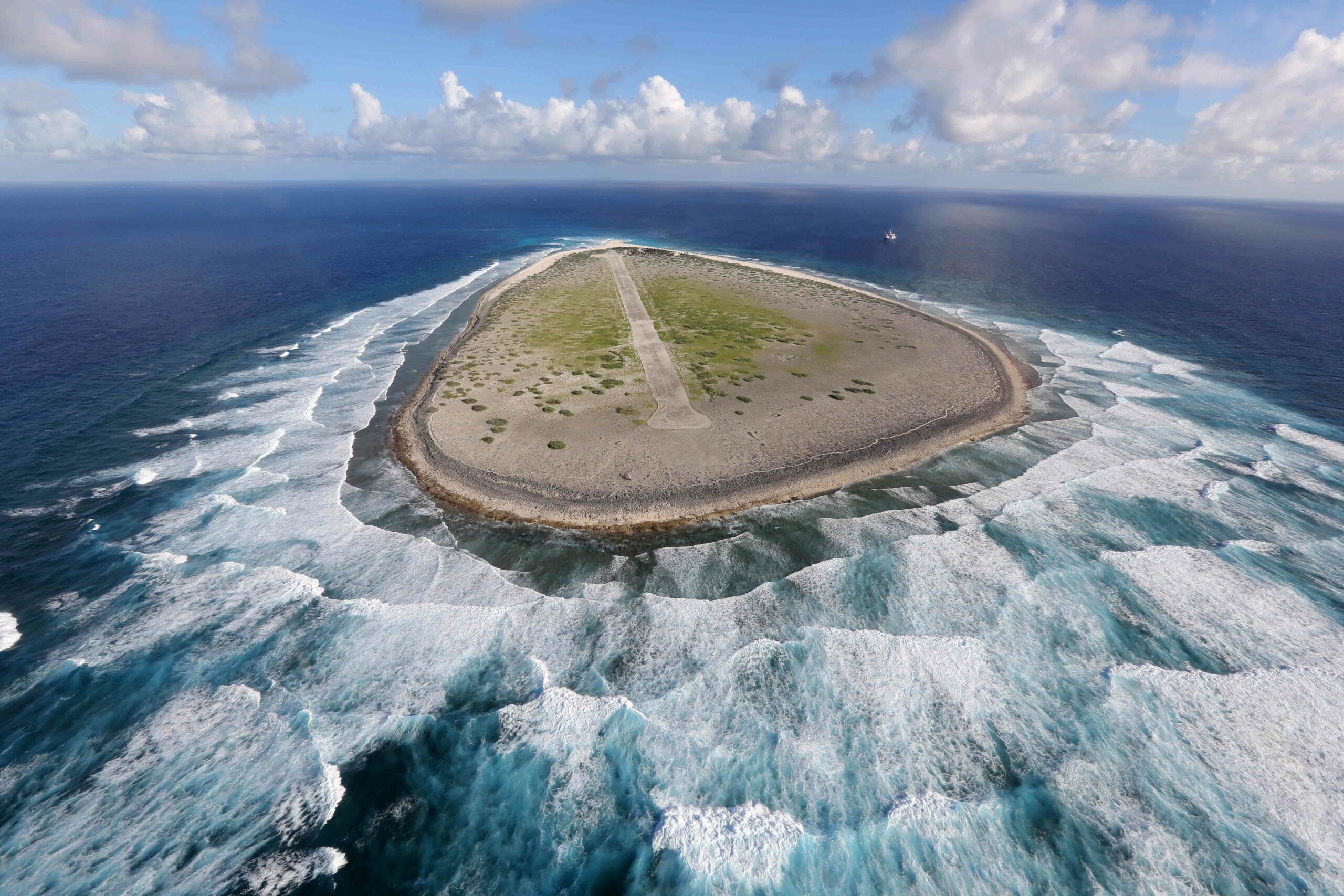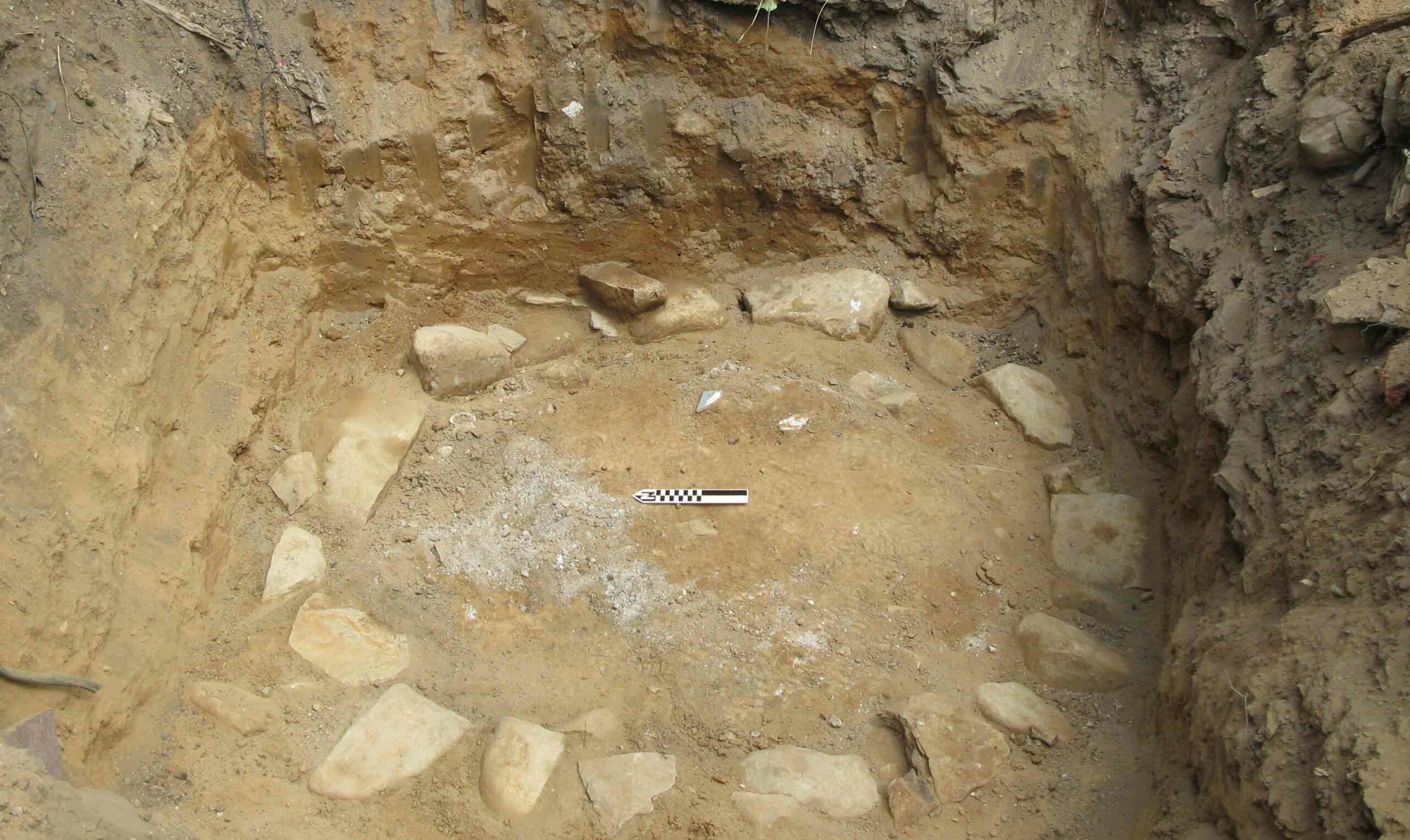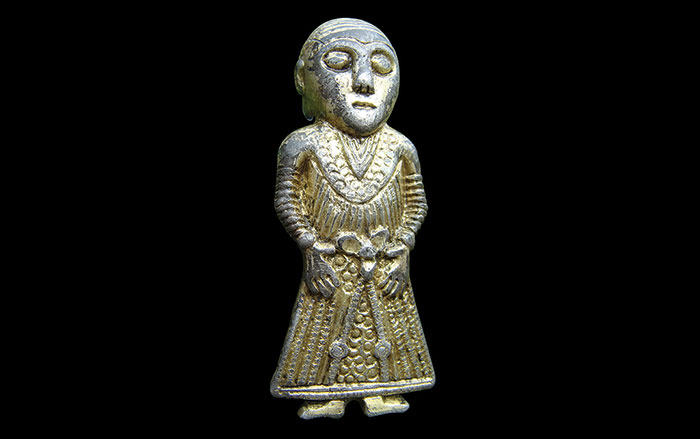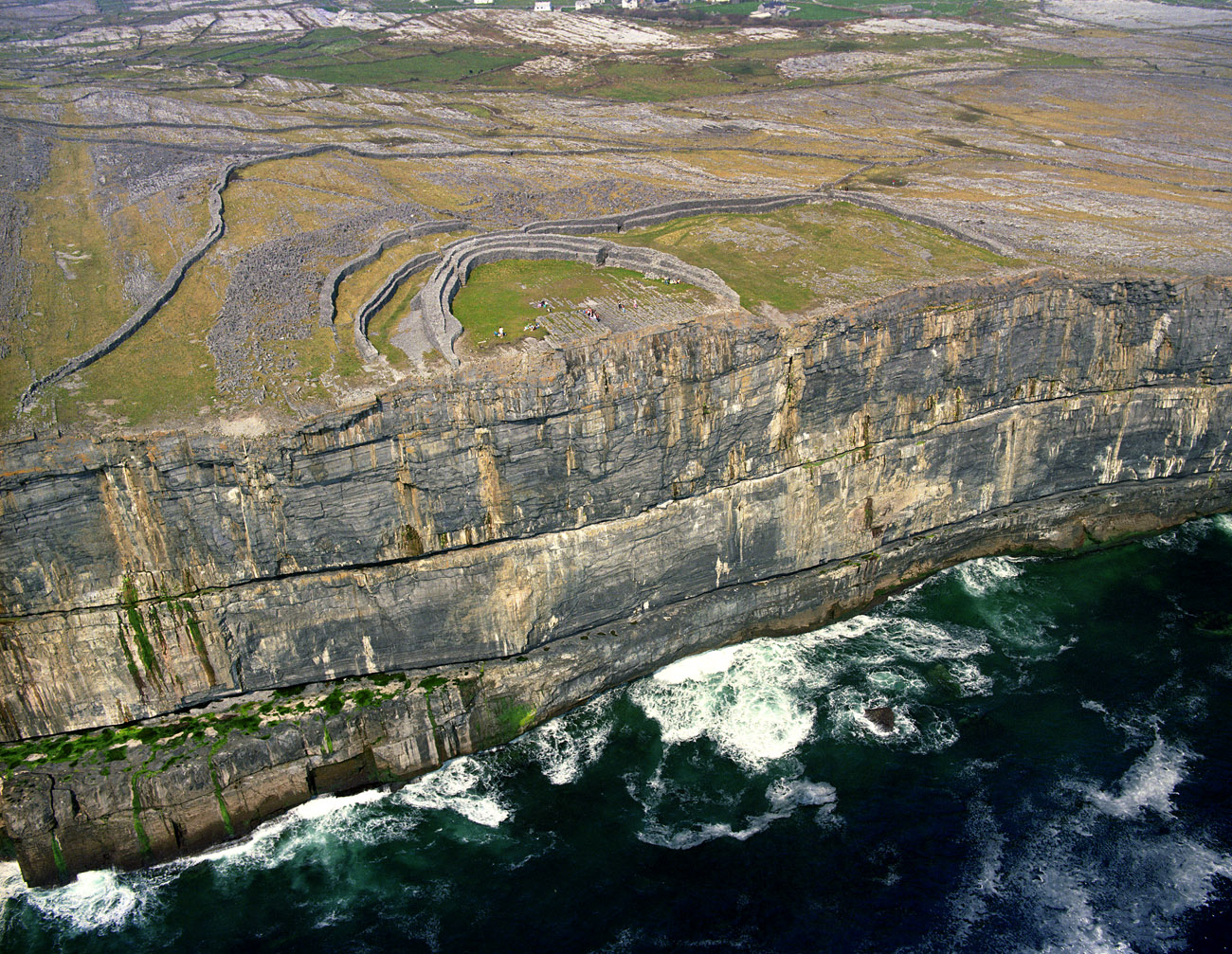
BRADFORD, ENGLAND—The colder, wetter conditions that have been blamed for the population collapse in Europe at the end of the Bronze Age occurred two generations later, according to environmental scientists from the University of Bradford, the University of Leeds, University College Cork, and Queen’s University Belfast. The scientists used new statistical techniques to analyze more than 2,000 radiocarbon dates taken from hundreds of archaeological sites in Ireland. Then they compared the data to climate records from peat bogs in Ireland and evidence of climate change across northwest Europe between 1200 and 500 B.C. “Our evidence shows definitively that the population decline in this period cannot have been caused by climate change,” said Ian Armit of the University of Bradford. He thinks social and economic stress, caused by the transition to iron production, and the resulting collapse of copper and tin trade networks, led to conflict and population collapse. “Although climate change was not directly responsible for the collapse it is likely that the poor climatic conditions would have affected farming. This would have been particularly difficult for vulnerable communities, preventing population recovery for several centuries,” Armit said. To read about rituals that may have been practiced by Bronze Age people, see "The Wolf Rites of Winter."


